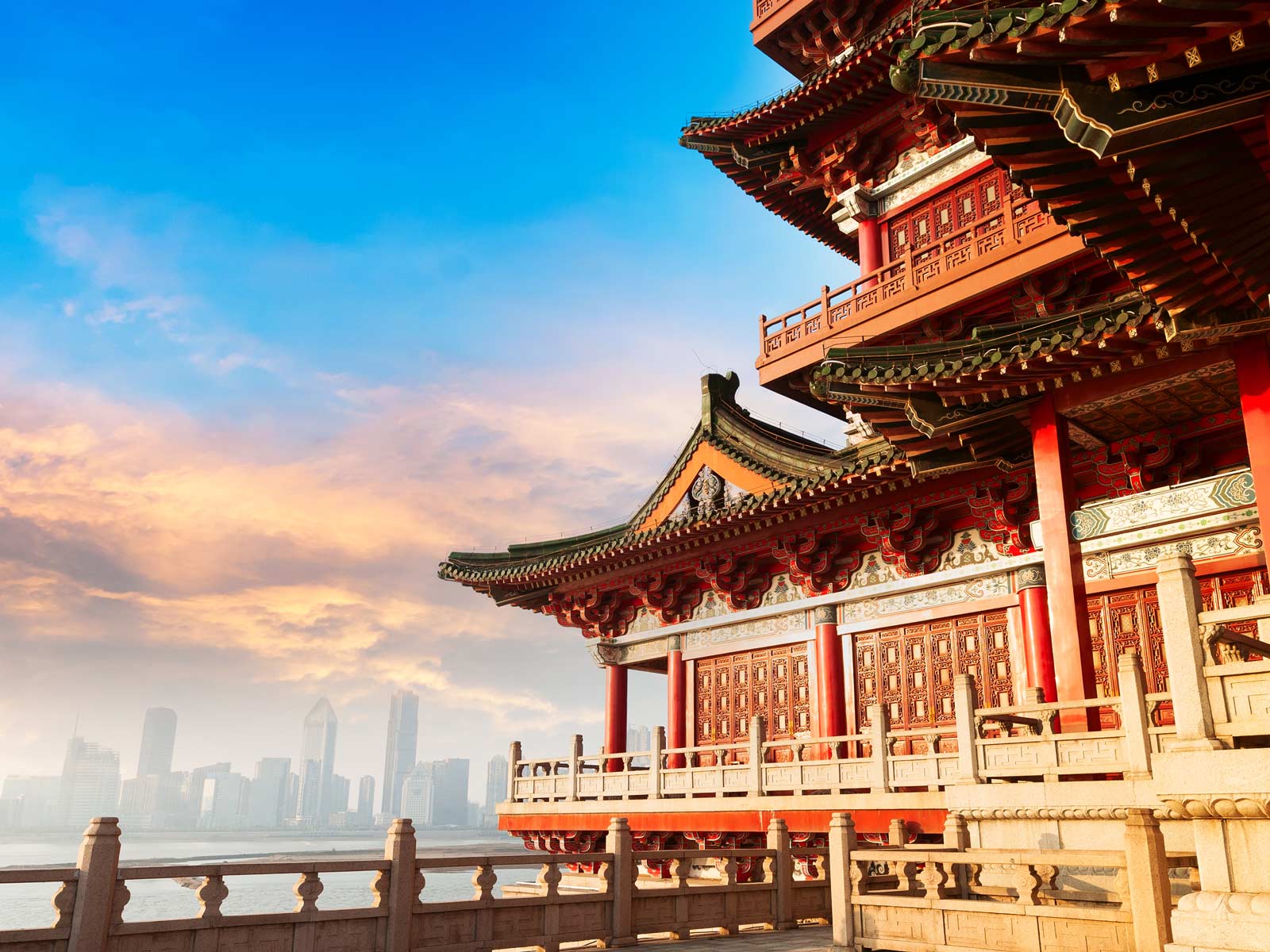Transportation in Beijing
When traveling around Beijing, you have multiple transportation options. The subway system is very accessible, clean and affordable. It can get crowded during rush hours though, so be prepared for some squeezing. Taxis are convenient but tend to be more expensive. If you don’t mind some walking, using the bus is a budget-friendly alternative once you figure out the routes. Make sure to always look both ways before crossing the street - drivers in Beijing sometimes speed and won’t always wait for pedestrians.

Eating Out in the Capital
Food is an integral part of Chinese culture and exploring Beijing’s culinary scene is a must. While international chains like McDonald’s are present, seeking out authentic Chinese street food from local vendors will give you a more unique experience. Some familiar veggies like carrots and broccoli are usually cooked here rather than eaten raw. Ice is available upon request at fancy restaurants or fast food joints like KFC. Before shopping for snacks, compare prices - sights may overcharge tourists. Buying water and small bites from a local market saves money.
Communication and Directions
Unfortunately, English proficiency is limited for most Beijing residents. Using translation apps and writing what you need on your phone is the best way to communicate with pharmacy staff. Considering booking guided tours led by multilingual professionals - they know the top attractions like the Great Wall and Forbidden City inside out. Google Maps also helps when navigating, but signage is mostly in Chinese characters. Don’t be afraid to ask younger people for help - many students speak English fairly well.
Cultural Sights and Landmarks
Tiananmen Square, the ancient hutongs (alleyways), and the Imperial Palace inside the Forbidden City offer a glimpse into Beijing’s rich history. Photography is prohibited in some temples, so watch for “no camera” signs. The sections of the Great Wall near the city get overcrowded, compromising the scenic views. For a less hectic experience, venture further out to less visited sections. Pay attention during lectures at heritage sites like the Palace Museum - the historical stories are often more fascinating than the artefacts alone.
Safety and Legal Considerations
While most residents are friendly, avoid political discussions or protests in sensitive areas like Tiananmen Square. Never attempt to photograph military personnel. Steer clear of unlicensed “tour guides” and don’t blindly follow taxi driver recommendations for shopping. Know emergency numbers like 110 for police - they provide helpful assistance should any issues arise. Respect private homes and restricted zones. Overall, following common sense precautions ensures worry-free travels.
Shopping and Bargaining
The labyrinthine hutong alleys hold treasures beyond historical buildings - a vibrant shopping scene offering locally handcrafted souvenirs and knock-off designer goods. Haggling is an integral part of the market experience, but note that imitation watches, handbags etc. vastly overstate their authenticity. Genuine high-end items can be purchased at major malls for comparable international prices. With confidence and good humor, negotiating prices with vendors makes for an entertaining cultural experience.
Preparation Tips
China’s summer weather demands light, breathable cotton clothing. Covering up and carrying an umbrella protects against sun exposure. Hydrate well to avoid dehydration in the heat and humidity. Pack motion sickness medication if you suffer from carsickness. Bring a powerbank as phones may drain quicker scanning translation apps. Note medical facilities in your hotel for emergencies large and small. With proper preparation and keeping an open yet respectful mindset, visitors can fully appreciate all that this captivating capital city has to offer.

 Life as a Chinese University Student
Life as a Chinese University Student